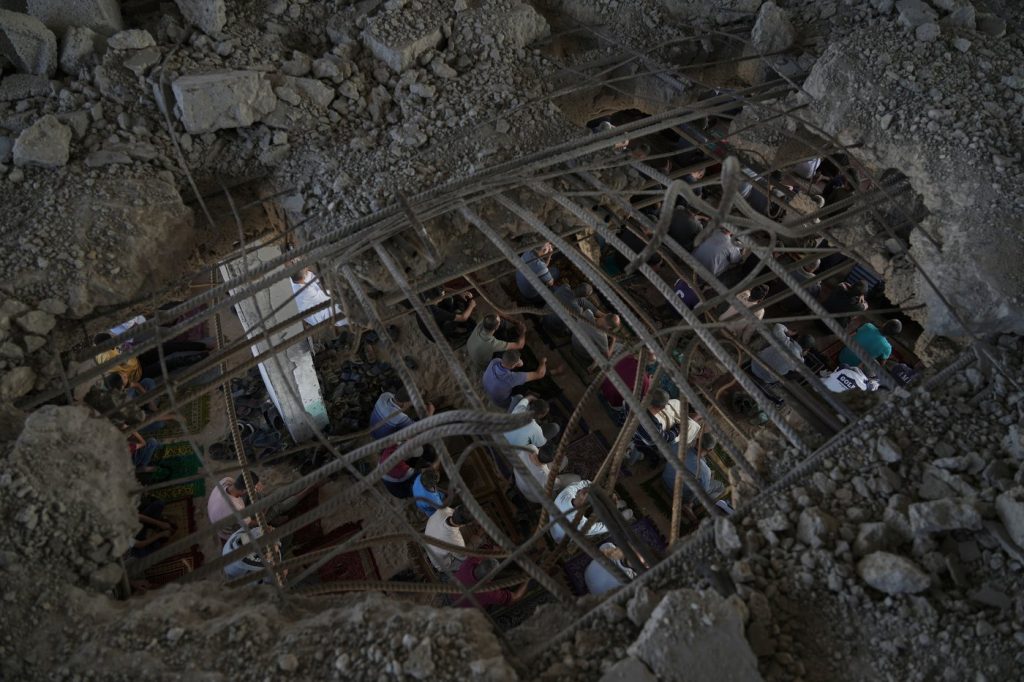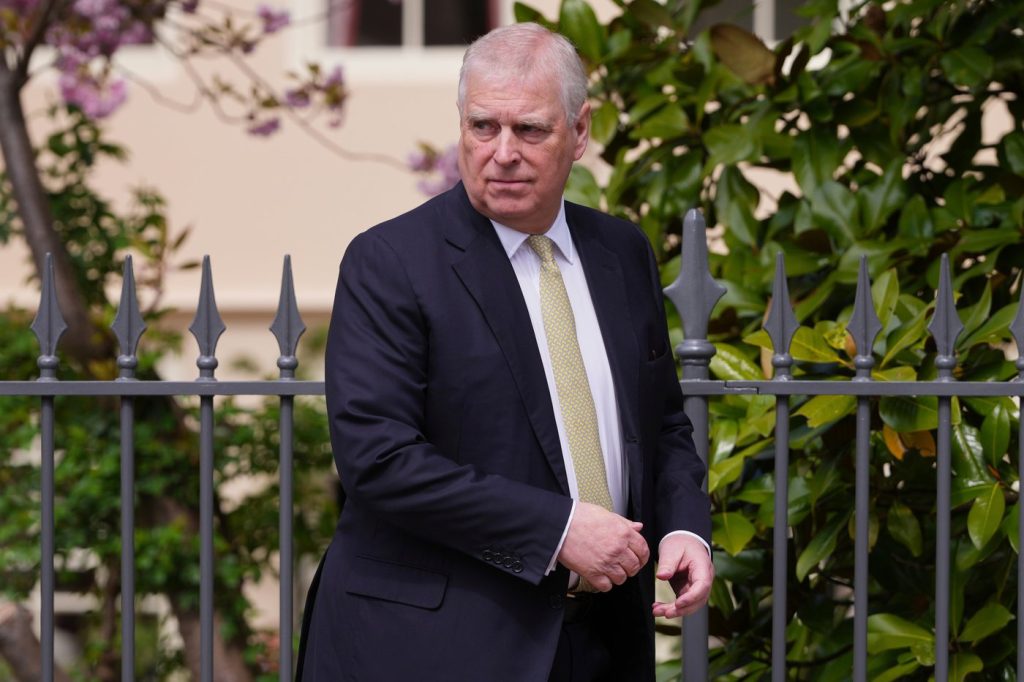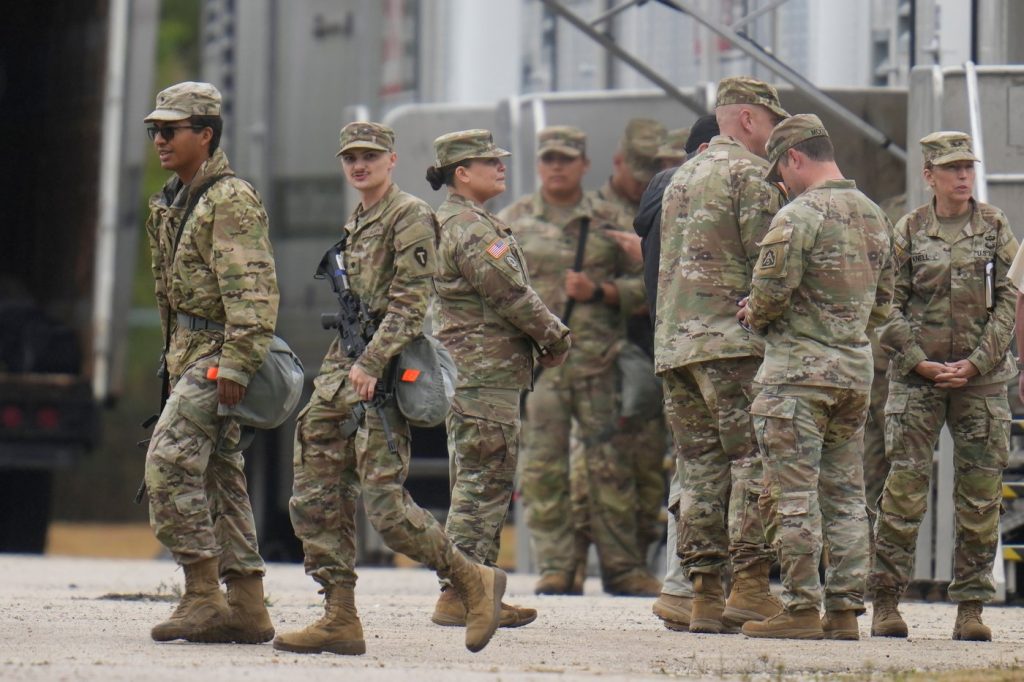DEIR AL-BALAH, Gaza Strip (AP) Bassil Naggar and his displaced family are finding a precarious sense of peace following the onset of a ceasefire in the Israel-Hamas war. For many in the Gaza Strip, the ceasefire has halted nearly two years of conflict that has resulted in the deaths of tens of thousands of Palestinians, leaving large swathes of the region in devastation.
Yet, despite the respite from airstrikes, daily life remains fraught with challenges. Concerns over how to establish proper housing, what to wear as winter approaches, and how to secure enough food are pressing. Many still fear that the fragile ceasefire, which began on October 10, 2023, may not hold. Naggar, who has been displaced approximately a dozen times, expressed his anxiety about whether the war is truly over.
Residents have begun to return to their neighborhoods, uncovering the extent of personal and community losses. Naggar noted that while he can finally sleep without the jarring sounds of destruction, his tent in Muwasi is deteriorating, and his home in eastern Khan Younis has been destroyed by fire. He worries about how his family will stay warm during the winter months. Their sustenance mainly consists of canned foods, while prices for other goods remain prohibitively high, offering little relief.
The World Food Program (WFP) has indicated that it is working to ramp up food assistance for families in Gaza. WFP spokesperson Abeer Etefa mentioned efforts to overcome challenges such as damaged infrastructure and the need for more open crossings into Gaza. While some humanitarian aid is entering the territory, the overall support remains insufficient. Naggar shared that, since the ceasefire, he hasn't observed a notable increase in available aid.
The situation was exacerbated by a halt in humanitarian aid that occurred earlier in the week for the exchange of hostages and during a Jewish holiday. Israel threatened to restrict the number of aid trucks allowed into Gaza, fueling fears among civilians about access to necessities. Under the ceasefire terms, hundreds of trucks are supposed to enter Gaza daily, but details about the actual number have not been disclosed by Israeli authorities.
As the war escalated on October 7, 2023, Hamas militants abducted 251 individuals and killed around 1,200 people. In the subsequent Israeli offensive, nearly 68,000 Palestinians were killed, according to the Gaza Health Ministry, which is affiliated with Hamas. These casualty figures have been generally accepted as reliable by various U.N. agencies and independent experts.
In Deir al-Balah, a crowded charity kitchen exemplified the ongoing hardships faced by many. Displaced individuals lined up for hours waiting for basic food supplies. Fatima Shaat, who was displaced from Khan Younis, described a six-hour wait for food. Meanwhile, prices for essential goods remain higher than pre-war levels, making it a struggle for families to afford necessary items. Fida Ziyad, who lost her home in northern Gaza, reported a shortage of poultry and meat, despite some availability of vegetables at local markets.
For many, a return to normalcy feels distant. Mohamed Samy, after returning to assess his home in Jabaliya, found it completely reduced to rubble. He now lives in Gaza City and reported that little has changed since the ceasefire began. Access to clean drinking water remains difficult, requiring him to walk significant distances to procure it.
Even before the ceasefire, warnings of famine had emerged due to the ongoing blockade and military offensives against the Gaza Strip. In August, reports indicated that Gaza City might be facing famine conditions, which Israeli officials rejected as unfounded. Humanitarian organizations had previously raised alarms about the severe food shortages affecting families, especially children.
Despite slight improvements since the ceasefire, many displaced citizens still rely on charity kitchens for basic nourishment. Ayman Abu Saif lamented the limited food options, mainly rice or pasta, stating that while prices have become slightly more manageable, his family continues to face severe shortages. The persistent lack of water and the destruction of infrastructure hinder any thoughts of returning to previous homes.
In summary, while the cessation of active conflict has brought a temporary halt to the violence, the fundamental issues affecting daily life in Gaza remain unaddressed, leaving many families in a state of uncertainty and desperation. Residents like Abu Saif fear for their children's futures, navigating a reality riddled with the remnants of war and ongoing struggles for basic necessities.












